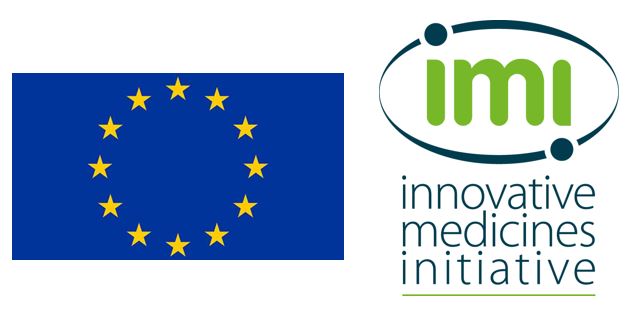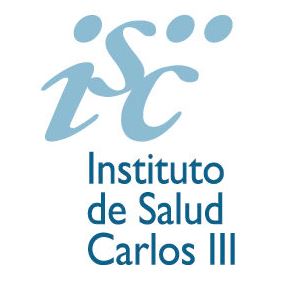Introduction
Our research is focused on Acute Lymphoblastic Leukeamia (ALL) disease, including B-cell precursor and T-precursor ALL. We want to resolve questions that require a full range of research from from basic to clinical. We aim to provide the physician with new tools, by using basic research data that will have an impact on healthcare, in order to improve survival rates in patients with this type of leukaemia.
Our Research
The group’s current research is divided into two main areas, according to the two main subtypes distinguished in ALL:
- Precursor B-cell acute lymphoblastic leukaemia (BCP-ALL): BCP-ALL is the most prevalent ALL subtype and accounts for 75% of ALL cases. Although it is a highly heterogeneous disease at genetic level, different cytogenetic subtypes have been identified and, more importantly, their prognosis has been clearly established in many clinical trials. This has allowed clinicians to stratify patients according to their genetic profile to schedule intensive or less intensive treatments.
- T-cell acute lymphoblastic leukaemia (T-ALL): T-ALL is the least common ALL subtype (25% of adult ALL cases), and the most complex and heterogeneous at genetic level, with a dismal prognosis. to improve the survival rate of patients with T-ALL, we first need to obtain detailed and relevant molecular information to accurately define the risk and thus decide on the treatment.
Our Goals
We are convinced that new treatments for ALL patients can be obtained only through basic research. Therefore, our goals are:
- To identify the genetic alterations leading to treatment resistance and disease recurrence in adult ALL.
- To accurately define the risk of ALL by genetic analysis at diagnosis and relapse in order to decide on the most appropriate treatment.
Our Challenges
Although ALL is a rare form of cancer, it has a huge impact on patients, their relatives and the health system. To find new therapies and provide new knowledge, our research hopes to: 1. Decipher the genetic complexity of ALL at both diagnosis and relapse. 2. Identify critical genetic lesions in ALL cells that could be targetable with new drugs.
Selected Publications
Current Grants
Instituto de salud carlos iii
Uso de la Secuenciación de Nueva Generación (NGS) como única herramienta genómica para la mejora del diagnóstico, el pronóstico y el tratamiento de pacientes adultos con leucemia linfoblástica de tipo T

Innovative medicines initiative
HARMONY PLUS Healthcare alliance for resourceful medicines offensive against neoplasms In hematology – PLUS.


Instituto de salud carlos iii
Identificación de factores genéticos y no genéticos para predecir recaídas y definir nuevas terapias en la leucemia linfoblástica aguda de células T del adulto (LLA-T)
Fundación española de hematología y hemoterapia
Marcadores genéticos, epigenéticos e inmunitarios del huésped implicados en la respuesta a blinatumomab en pacientes adultos con LLA de precursores de células B.
Deutsche josé carreras leukämie stiftung
Development of innovative therapy strategies to overcome therapy resistance in the Primary therapy for adult T-cell acute lymphatic leukemia (T-ALL).
Instituto de salud carlos iii
UN ENFOQUE DIAGNÓSTICO INTEGRADO PARA GUIAR UN TRATAMIENTO PERSONALIZADO EN PACIENTES RECAÍDOS DE LEUCEMIA LINFOBLÁSTICA AGUDA DE CÉLULAS T (LLA-T)
Instituto de salud carlos iii
3D-Leuko-TAD Topologically Associating Domains (TADs) boundary disruption and 3D genome alterations as targets in acute leukemia therapies
Fundación científica de la asociación española contra el cáncer
ALL TARGET A precision medicine randomized trial for patients with relapsed or refractory T-cell Acute Lymphoblastic Leukemia based on a functional approach

Ministerio de ciencia e innovación

Instituto de salud carlos iii






